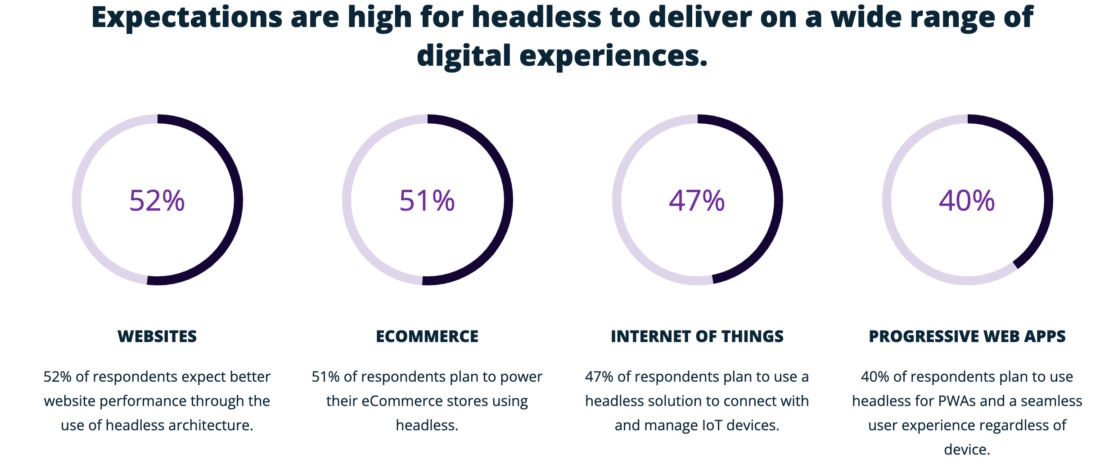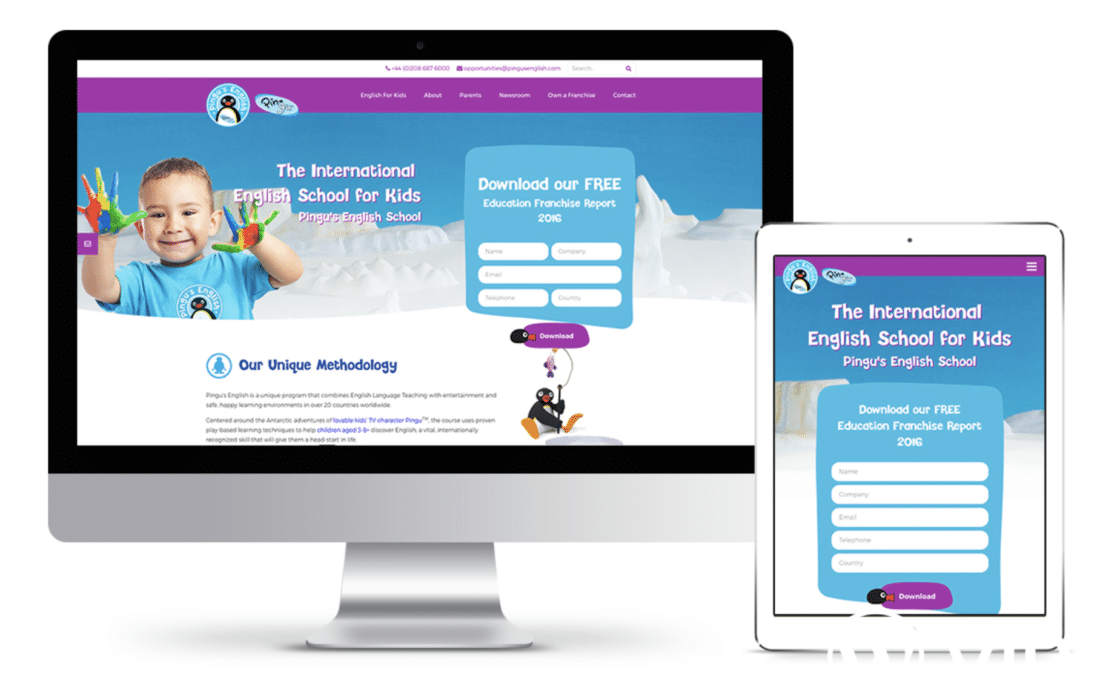Speed is either the top of the agenda or top three. Because of that, headless is becoming more and more fundamental.
Gyles Seward is Founder and CEO of Elementary Digital, an award-winning agency and WordPress VIP that specializes in web development and design, e-commerce solutions and the user experience.
In this episode of Velocitize Talks, Gyles shares his thoughts on creating websites with WordPress, WooCommerce and the future of headless architecture.
You Better Shop Around (2:41)
WooCommerce is much more open and provides people with a huge amount of flexibility.
During the pandemic, it became critical for marketers to navigate the constant fluctuations of the user journey. In order to adapt the e-commerce experience specifically to changing customer demands, the right platform needs to be in place.
That said, if your online store is already built on WordPress, the open-source WooCommerce solution is definitely your best bet. It’s completely free, user friendly, and integrates seamlessly into WordPress. Shopify is another option but in Seward’s experience, the fact that it’s off the shelf makes it much more limiting. In addition, when your business outgrows Shopify, you’ll likely need to pay an agency a significant amount of money to update it.
WooCommerce, on the other hand, provides greater flexibility, personalization and speed. Elementary Digital trusts WooCommerce for its enterprise clients with complex websites. One such client was Travelodge. Elementary worked with the Travelodge team to support their WordPress website as well as its content strategy. The Elementary team continues to support Travelodge in its website roadmap.
(Check out WP Engine’s tutorial on all things WooCommerce here.)
Going Head to Headless (6:10)
When you have a system that will control content and do the functions that you want it to do, how you want people to engage with you, then you can essentially push that to any type of device.

When adopting a headless solution, you’re making a conscious decision about how you will engage with your customers. Currently 64% of enterprise organizations already use a headless approach, an increase of 25% from 2019.
Elementary champions the WordPress Content Management System (CMS) because of, for one, its tremendous speed. In fact, the number one reason businesses switch to headless is its speed. More than half of consumers will bail if it takes over three seconds for a page to load.
Clients can use the WordPress framework to push their messaging and branding through any type of device and across various social media channels. Another advantage to a headless solution is its streamlined omnichannel approach for content delivery, which lends itself to a consistent end-to-end user experience.
“Pretty much every conversation we have with anybody these days is around speed,” Seward says. “It’s either the top of the agenda or in the top three, and because of that headless is becoming more and more fundamental.”
Seward also notes that a new Google Page Experience update is coming out in May. Google’s Page Experience basically determines which results will display in the Search Engine Results Pages (SERPs) for any given query. In other words, it’s the basis for organic traffic. How your website performs in terms of speed is a big contributing factor.
Content Delivers (8:58)
Step back and look at content first.

In the end, content largely determines the customer experience and, therefore, a highly performing website. Covid-19 only accelerated that fact. According to a report from The Content Marketing Institute, 94% of content marketers said they changed their strategy because of the pandemic. That adaptation continues to impact today’s digital strategy and the integration of personalization across devices.
There are specific advantages to improving content on WordPress sites such as theme and design updates, as well as overall site optimization. Optimizing your site involves taking existing content and making it more discoverable, searchable and readable.
“In order to build a high performing website with WordPress, you need to understand and plan for the content, such as its structure and imagery, architecture, how site is built and how you can make it a better user experience,” says Seward.
For example, Elementary partnered with Pingu’s English, the International English School from Linguaphone, to create a playful new website using WordPress through fun and educational elements in its site development and design.
Best Piece of Professional Advice?
Gyles Seward says that one of his old bosses told him, “It’s better to listen to people.” He’s learned to intensely listen to people, especially his clients, and it has served him well.
To learn more about Elementary Digital, visit their website and follow them on LinkedIn and on Twitter at @ElementaryDigi. To learn more about Gyles Seward, follow him on LinkedIn.


0 Comments